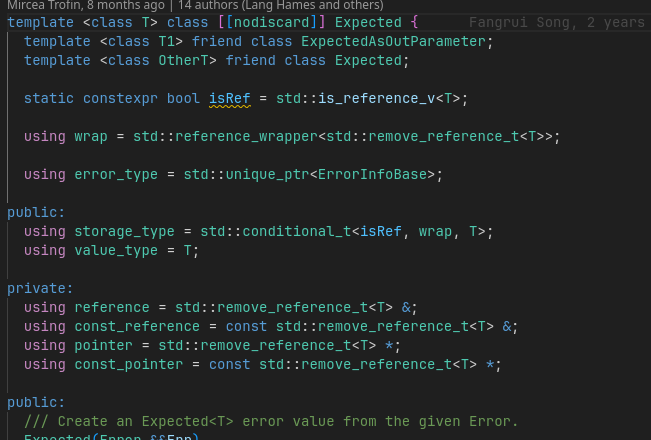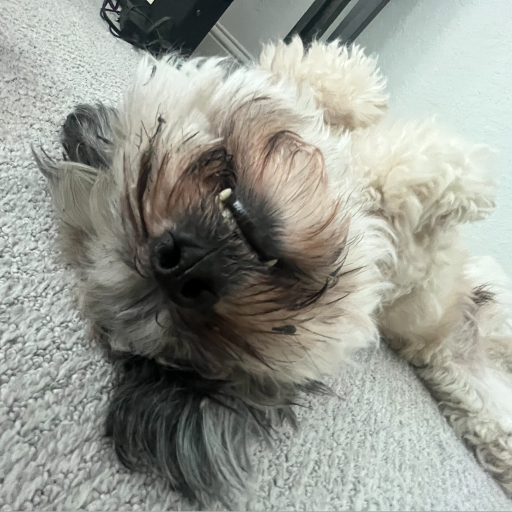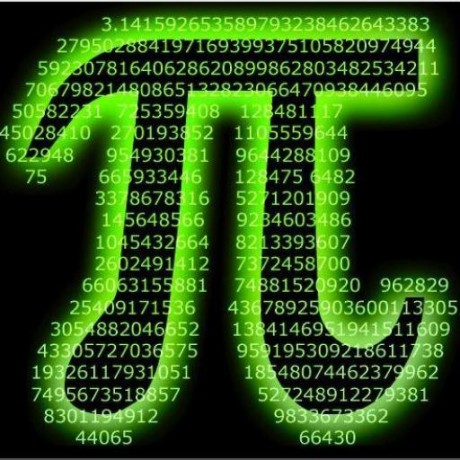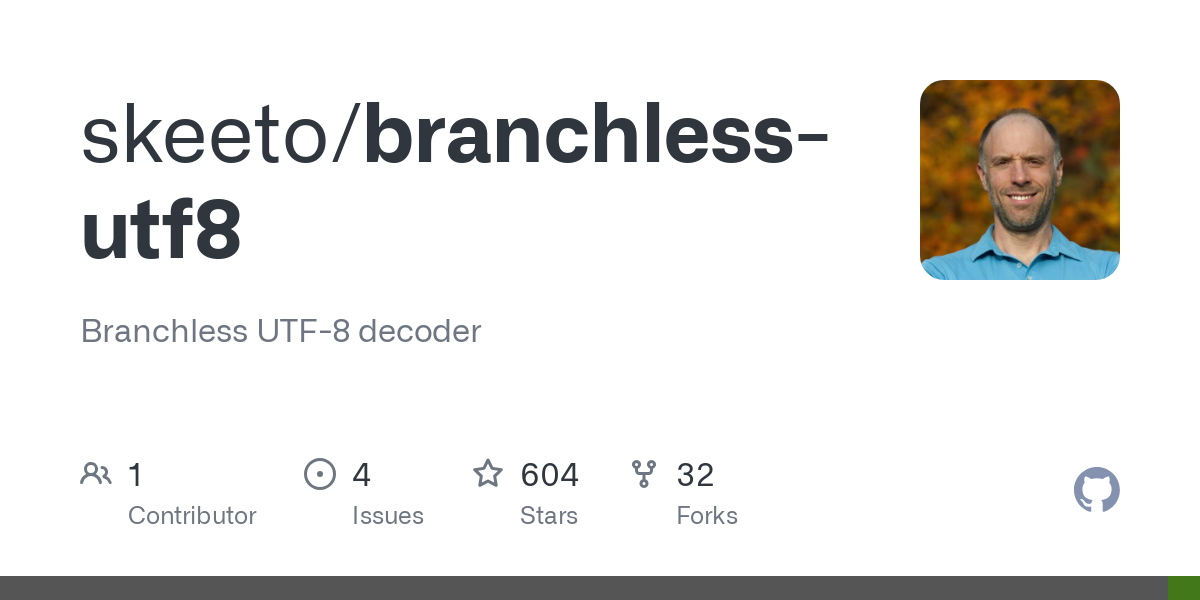static void *
utf8_decode(void *buf, uint32_t *c, int *e)
{
static const char lengths[] = {
1, 1, 1, 1, 1, 1, 1, 1, 1, 1, 1, 1, 1, 1, 1, 1,
0, 0, 0, 0, 0, 0, 0, 0, 2, 2, 2, 2, 3, 3, 4, 0
};
static const int masks[] = {0x00, 0x7f, 0x1f, 0x0f, 0x07};
static const uint32_t mins[] = {4194304, 0, 128, 2048, 65536};
static const int shiftc[] = {0, 18, 12, 6, 0};
static const int shifte[] = {0, 6, 4, 2, 0};
unsigned char *s = buf;
int len = lengths[s[0] >> 3];
/* Compute the pointer to the next character early so that the next
* iteration can start working on the next character. Neither Clang
* nor GCC figure out this reordering on their own.
*/
unsigned char *next = s + len + !len;
/* Assume a four-byte character and load four bytes. Unused bits are
* shifted out.
*/
*c = (uint32_t)(s[0] & masks[len]) << 18;
*c |= (uint32_t)(s[1] & 0x3f) << 12;
*c |= (uint32_t)(s[2] & 0x3f) << 6;
*c |= (uint32_t)(s[3] & 0x3f) << 0;
*c >>= shiftc[len];
/* Accumulate the various error conditions. */
*e = (*c < mins[len]) << 6; // non-canonical encoding
*e |= ((*c >> 11) == 0x1b) << 7; // surrogate half?
*e |= (*c > 0x10FFFF) << 8; // out of range?
*e |= (s[1] & 0xc0) >> 2;
*e |= (s[2] & 0xc0) >> 4;
*e |= (s[3] ) >> 6;
*e ^= 0x2a; // top two bits of each tail byte correct?
*e >>= shifte[len];
return next;
}





 , long live 0.5
, long live 0.5







 · 110 items · 3.3K saves
· 110 items · 3.3K saves















































